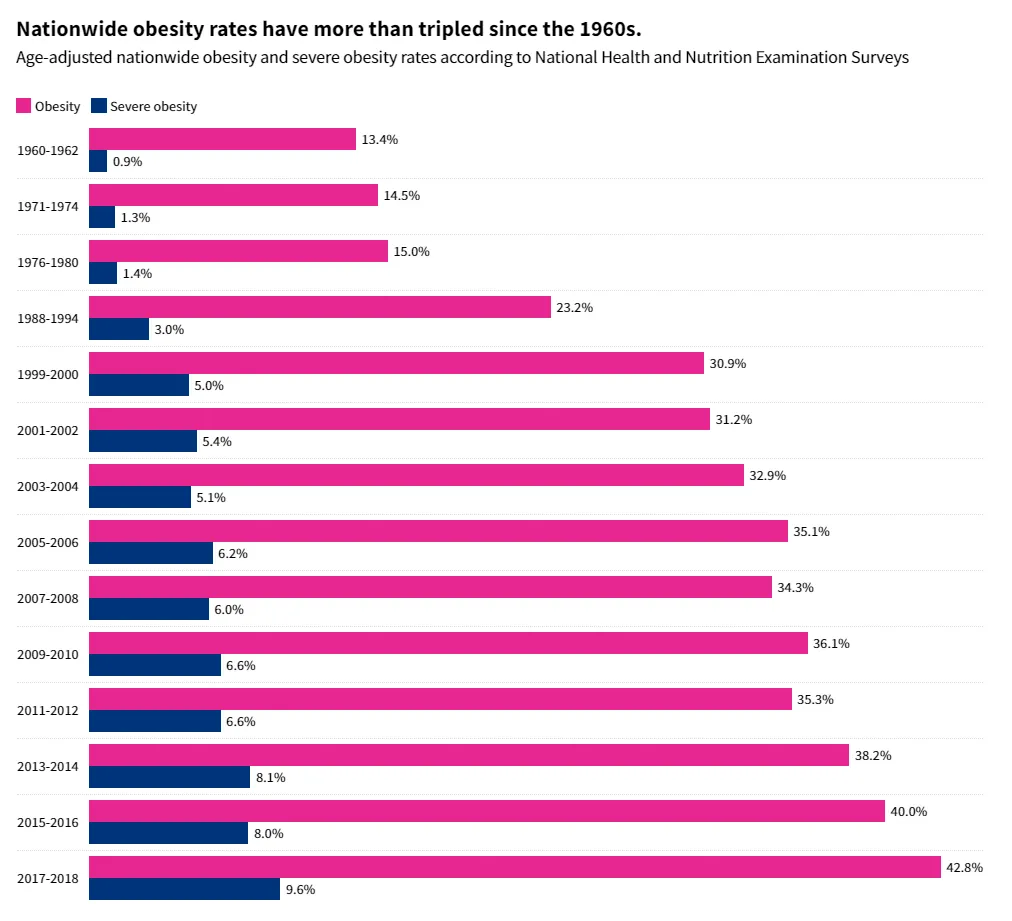Over the last months of the pushback against the work from home culture, I have often read that the number one thing employees value, is flexibility. Due to this, they are all for working from home. This is actually bullshit, because the number one thing that employees want from their employer, is obviously,

A Paycheck.
They aren't working for the fun of it, they are working for the money of it. And, there is already flexibility in being employee, because it means not having the responsibility of an owner. If the same people were to choose to be an entrepreneur, they would have all the flexibility they want, but would soon discover that they aren't free to do as they choose, when they choose, because for most businesses, things have to be done at specific times. And, if they were to have employees, they would realize soon enough that they want them to be as productive as they can be, even if they also want them to have a good working experience.
A global finance company is now "demanding" that people come into work two days a week, as per their hybrid working agreement, as they have found that people are breaching the rules - that means, breaching contracts, a fireable offence.
Personally, I find it incredible how entitled some employees have become these days, but listening to their wants is the equivalent of having Homer Simpson design his own car, it just doesn't work. The structure of organizations have to have some level of rules to follow depending on what needs to be done, but also be able to meet various human needs. Someone sitting behind a desk can work from home 100% - unless they are a receptionist welcoming guests. Is that fair? Does that create interpersonal issues in the office when blue collar workers on a production line have to be onsite, but managers don't?
Where is the compromise?
Hybrid working conditions is the compromise, but if employees aren't going to honor the plan, it fails, breaking the value of the organization itself. This reduces the value of the company and ultimately, people will have all the flexibility of their time that they want, because they will be unemployed.
Which takes me into the next part of this post, which is the constant argument over whether housing was more affordable in the past compared to now. Obviously, it is less affordable now, but there are also changed cultural conditions that make it even worse for the young, because their cost of living has gone up.
This isn't just in fuel and food prices, it is in everything, because what they demand has also changed significantly from the past. For instance, a house in the eighties was quite modest, relatively small, average fixtures and were very, very low tech. Now, they are larger, fitted with luxury components like guest rooms and extra bathrooms, and decked with the latest technology.
But, there is more to it than that too, as people have more cars, everyone has a phone and multiple internet connections, they are subscribing to many streaming services, eating out more, snacking more, buying more clothing and gadgets that didn't exist earlier, with more shoes, more watches, more speakers, more holidays, more screens, more appliances....
More, more, more....
"Back in the day" we had one twenty year old television, a washing machine and no dryer, a stove and no air fryer, and subscribed to nothing - not even the newspaper. We live in a culture that emphasizes consumption, and people are consuming more in every way possible. Using the US obesity figures (food consumption) is a good illustration of consumption over time.

And that is obesity, not just overweight. If the gap years were added in from the earlier records, it would show a nice smooth progression of consumer behavior, and change in culture. This has happened for pretty much everything we are consuming as individuals and at scale, it is a massive economic force that makes plenty of wealth, for a small fraction of society. The economy is a mess, but the wealth gap is created through incentive, and the incentive to consume more is very strong in most of us.
When the Boomers are saying that younger generations are consuming too much, they reference things like going out for coffee daily (which people do and past generations did very rarely), takeout and home delivery, unnecessary streaming services, abundance of paid entertainment, and the list goes on. What we eat is different too, with more processed foods, less home cooking and a lot more demand on variety.
Life is more expensive.
But, it is also more expensive because we demand a lot more that has to be paid for, in a quality that costs more, from goods and service providers that are better at marketing and better at profiteering. We work for those companies, yet even then, we demand them to provide more options, more consumables, more perks, more flexibility. All of this comes at a cost and ultimately, the consumer will pay that cost, driving prices up further, making costs of living even more difficult.
The younger generations aren't wrong, the costs of living are higher. But, the older generations aren't wrong either, we are consuming more too and, an lot of what we consume is non-essential. It might be essential to have an internet connection, but it isn't essential to have a PlayStation, Netflix, Spotify, Prime, HBO, order takeout, pay for food delivery, watch 100 movies a year, a 1000 series episodes, go on an international holiday, have multiple new cars bought on finance, clothes and shoes bought through a BNPL...
All of the consumption is a demand and the more we demand, the higher the price goes, which is further put out of balance of so much demand coming via debt mechanisms, injecting future cash into the economy.
The demands are endless.
The thing is, no one can have all they want.
There is a cost to every purchase and every opportunity. Buy this, lose the availability of that. Put it on credit, pay a higher amount. Get flexibility in the workplace, lose potential to be promoted and get payrises. Every action is met with a reaction and every decision, has a consequence. We have to come to terms with our wants, needs, and what we are willing to do to fulfill them.
It is all about scarcity and we are finite beings with limited availability in everything that we are. We have limited time, money and attention. we have limited intelligence and skill, and we have limited energy and focus. If we demand too much in one area, it is going to cost us in another, in the same way that if we consume too much of one thing, it is going to have an impact on our well being in other facets of our lives.
The more people work from home, the more possibility there is for those who are willing to work from the office. The more people consume, the more opportunity there is for others to benefit from the consumption.
We can argue about generational differences, whether the boomers were wrong or had it easy, or if the latest generations are living too far beyond their means, but it is each of us as individuals who have to live with the conditions of our lives and the outcomes of our decisions. There are boomers who failed miserably to take advantage of the conditions, just like there are going to be a few GenZ'ers who succeed to take advantage of theirs.
The question really comes down to the individual person and what they want from this life, and what they are willing to do to get it - including what they are willing to sacrifice.
There is always a cost of living.
So, if you had to give up one, which would it be - workplace flexibility, or the paycheck?
What is the cost for the loss of each of them?
Taraz
[ Gen1: Hive ]
